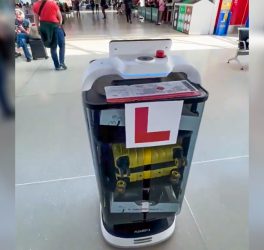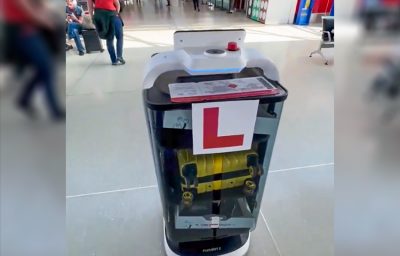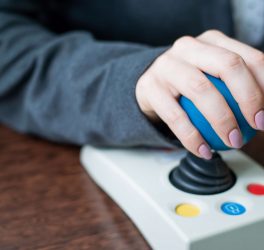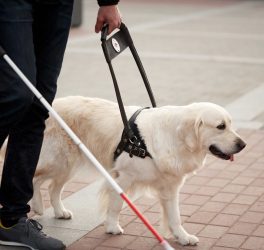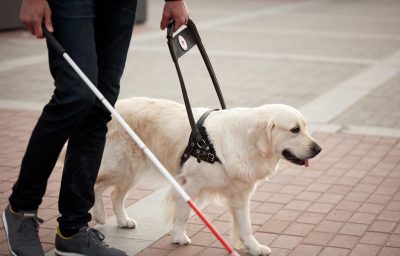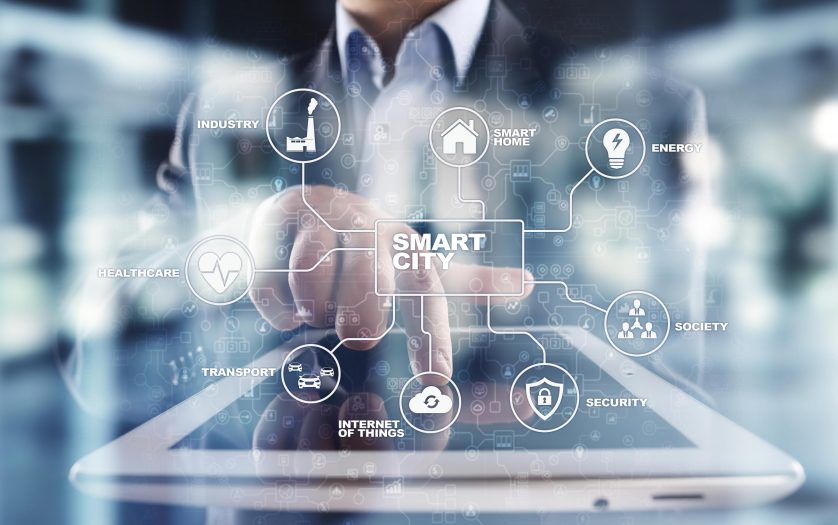
IDC Asia Pacific announced that seven New Zealand projects have been shortlisted as finalists in the 2020 IDC Asia Pacific Smart Cities Awards (SCAPA).
The annual awards highlight and acknowledge outstanding smart city initiatives in the Asia Pacific region and this year reached new heights receiving over 260 smart city initiatives from the public sector and technology suppliers from across the region, with only 70 of these projects being named as finalists across 14 functional eService Categories. The Awards are now in the public voting phase and voting for the deserving finalists will be open only until 17 March 2021 at www.idc.com/ap/smartcities.
Auckland Transport is leading the nominations with three projects, one a collaboration with Spark. Other shortlisted finalists include Christchurch City Council, Auckland District Health Board, The Office for Seniors, Digital Inclusion Alliance Aotearoa, 20/20 Trust and Countdown.
Auckland Transport have three projects nominated in this year’s Awards. Their Automated Transit Lane Enforcement project is nominated for Transportation – Transport Infrastructure and their Rapid Response to the Lockdown’s Transport Challenges project is a finalist for Transportation – Connected & Autonomous Vehicles, Public Transit, Ride-Hailing / Ride-Sharing,
Auckland Transport collaborated with Spark for their Smart Street Pilot project which measures, and assesses the benefits of current and future technology solutions within cities and is nominated in the Sustainable Infrastructure category,
Auckland District Health Board have been nominated for their Auckland Hospital Digital Twin project assisting with resource management and increasing efficiency within the Smart Buildings/Smart Tech Parks category,
2020 SCAPA winner, Christchurch City Council is a finalist for this year’s Civic Engagement category for their SmartView project communicating data collected from around the city,
The Digital Literacy Training for Seniors project is a collaborative effort helping to close the digital divide initiated by The Office for Seniors, Digital Inclusion Alliance Aotearoa and the 20/20 Trust and is a finalist in Education,
Countdown is a finalist for the Economic Development, Tourism, Arts, Libraries, Culture, Open Spaces category with their Scan & Go project assisting customers with contactless payments in supermarkets.
Louise Francis, IDC New Zealand Country Manager and ANZ Research Director, says given the nature of the competition that New Zealand projects are up against across the Asia Pacific region, the results are especially impressive. “For New Zealand to have seven projects that stand out on the regional stage is a noteworthy achievement. New Zealand has consistently excelled in the six years that these awards have been running, establishing itself as a recognised leader in Smart City innovation.”



